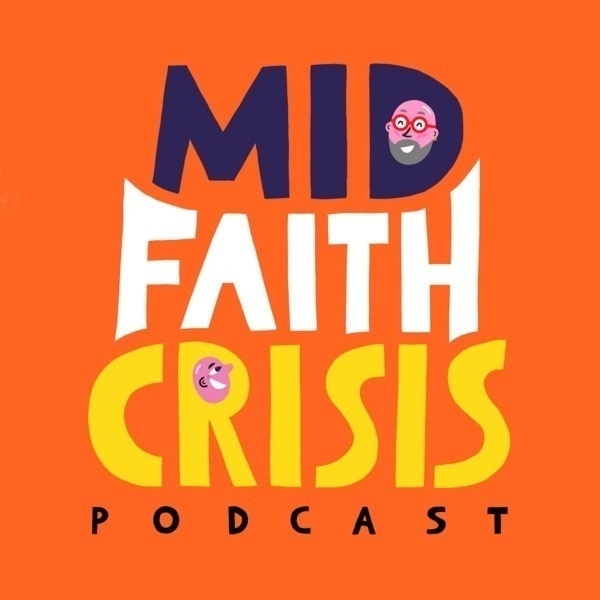
Out now
Mid-faith Crisis 342: An interview with a very famous author
Yes, we’re back. And this week Joe interviews a surprise special guest on the podcast who tells us all about an article wot he wrote.
Also we have BIG NEWS about the Mid-faith Crisis Church Away Weekend 2026! Join us in the Lake District for a weekend of conversation, relaxation and reflection.